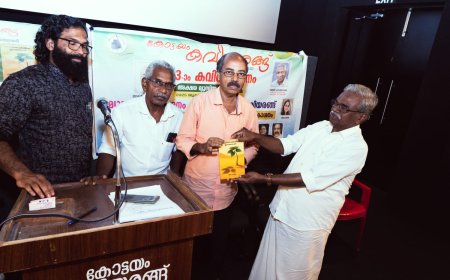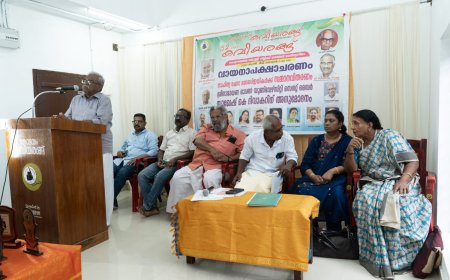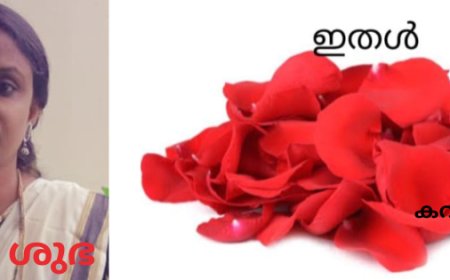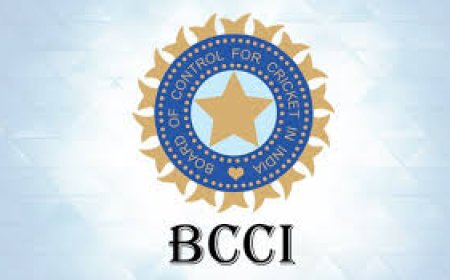India tops global fast payments race, UPI processes over 18 billion transactions per month: IMF report
India leads global fast payments with the Unified Payments Interface (UPI), which has grown rapidly since its 2016 launch. UPI processes over 18 billion monthly transactions, while cash and traditional payment methods decline, according to an IMF report.

INDIA now leads the world in fast payments, thanks to the rapid growth of the Unified Payments Interface (UPI), while the use of other payment methods like debit and credit cards is falling, according to a report by the International Monetary Fund (IMF).
UPI is a real-time payment system developed by the National Payments Corporation of India (NPCI). It allows people to make instant bank-to-bank transfers using their mobile phones.
In its Fintech Note titled ‘Growing Retail Digital Payments: The Value of Interoperability’, the IMF said that since UPI was launched in 2016, its use has soared, while cash usage and other forms of payment have started to decline.
Today, UPI handles over 18 billion transactions every month, making it the most widely used digital payment system in India.
"India now makes faster payments than any other country. At the same time, proxies for cash usage have fallen," the note said.
The note presents evidence consistent with this framework using granular data covering the universe of transactions on India’s UPI, an interoperable platform that has become the world's largest retail fast payment system by volume.
"Since its launch in 2016, UPI has grown quickly, while some proxies for cash usage have begun to decline. UPI now processes more than 18 billion transactions per month and dominates other electronic retail payments in India," the fintech note said.
Fintech Notes offer practical advice from IMF staff members to policymakers on important issues.
It said that interoperable payment systems, such as UPI, are alternatives to closed-loop systems that could also foster the adoption of digital payments. Such systems allow for seamless payments between users of different payment providers.
"Importantly, total digital payments also rise relative to a proxy for cash usage," it said.
The note further said that estimating cash usage is difficult because cash transactions can occur anonymously and may not be recorded in any ledger, especially in the informal sector.
"However, we can approximate cash usage with the value of automated teller machine (ATM) withdrawals in each district. When we measure the impact of integration on transaction values relative to cash withdrawals, we find a very similar picture," it said.
The note said that total digital payments relative to cash withdrawals rise substantially and persistently more after integration in districts that face greater increases in de facto interoperability.
This evidence suggests that interoperability can indeed support the adoption of digital payments and encourage a transition away from cash, it added.
The fintech note has been prepared by Alexander Copestake, Divya Kirti, and Maria Soledad Martinez Peria.
The authors further said that as the interoperable platform matures and more providers join, policymakers should watch for the emergence of dominant private providers and be prepared to take action to maintain a fully open, interoperable and competitive system.
"Payment authorities should use a range of metrics to identify potential threats to this goal and tailor any responses to the specific underlying anti-competitive mechanism," they said.
At all stages of development, the system operator should consult with current and potential private sector participants to ensure that its design choices support the health of the interoperable ecosystem, the note said.










































































